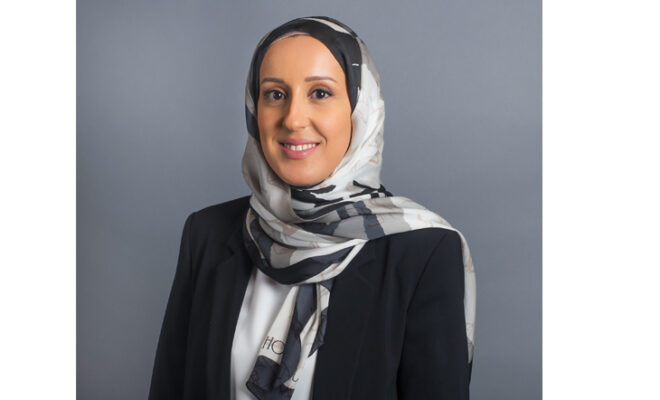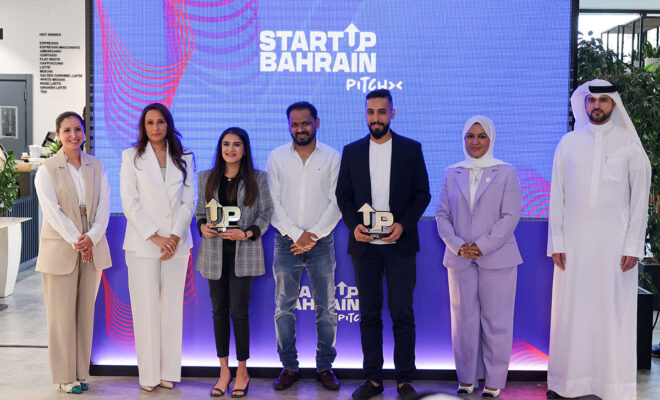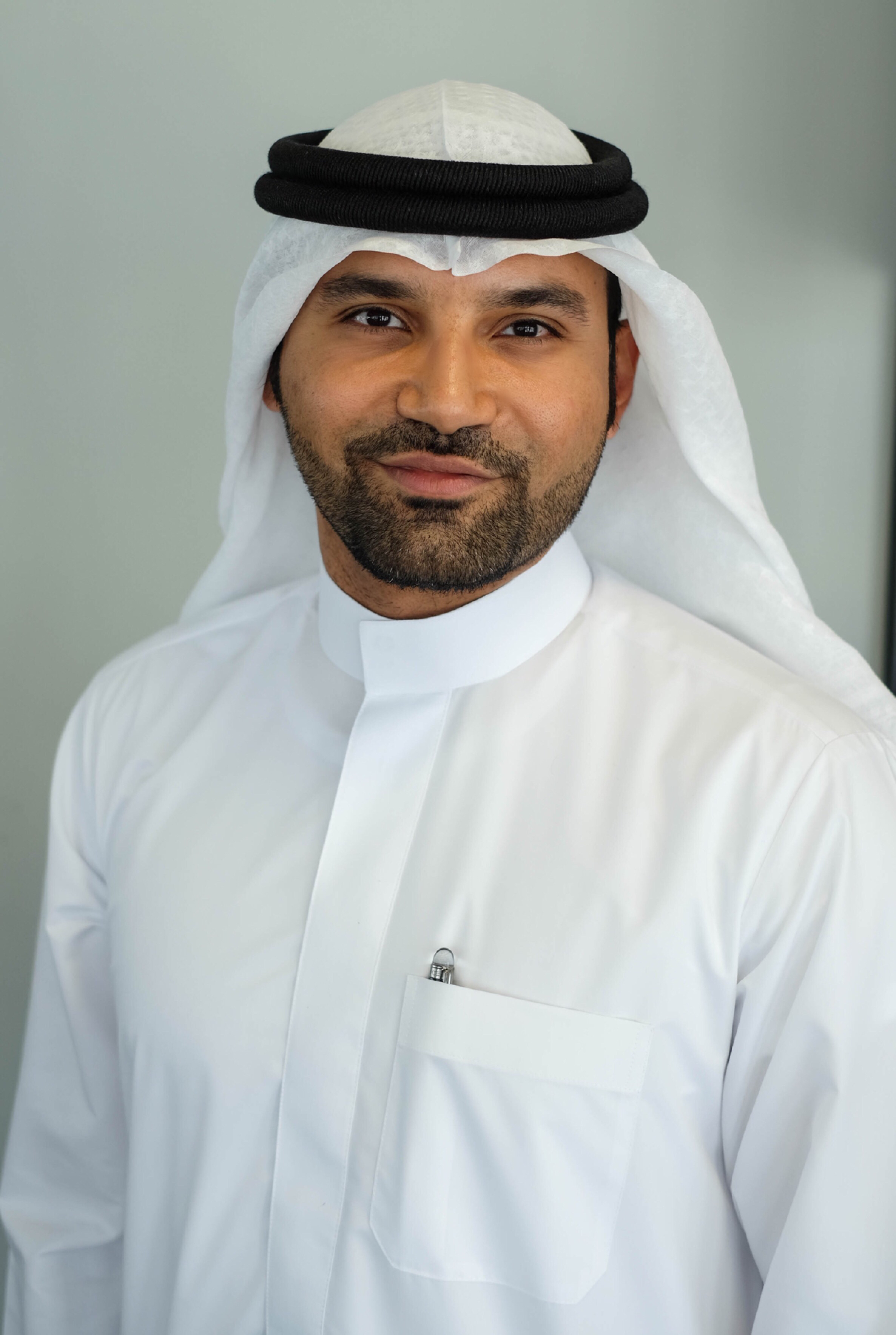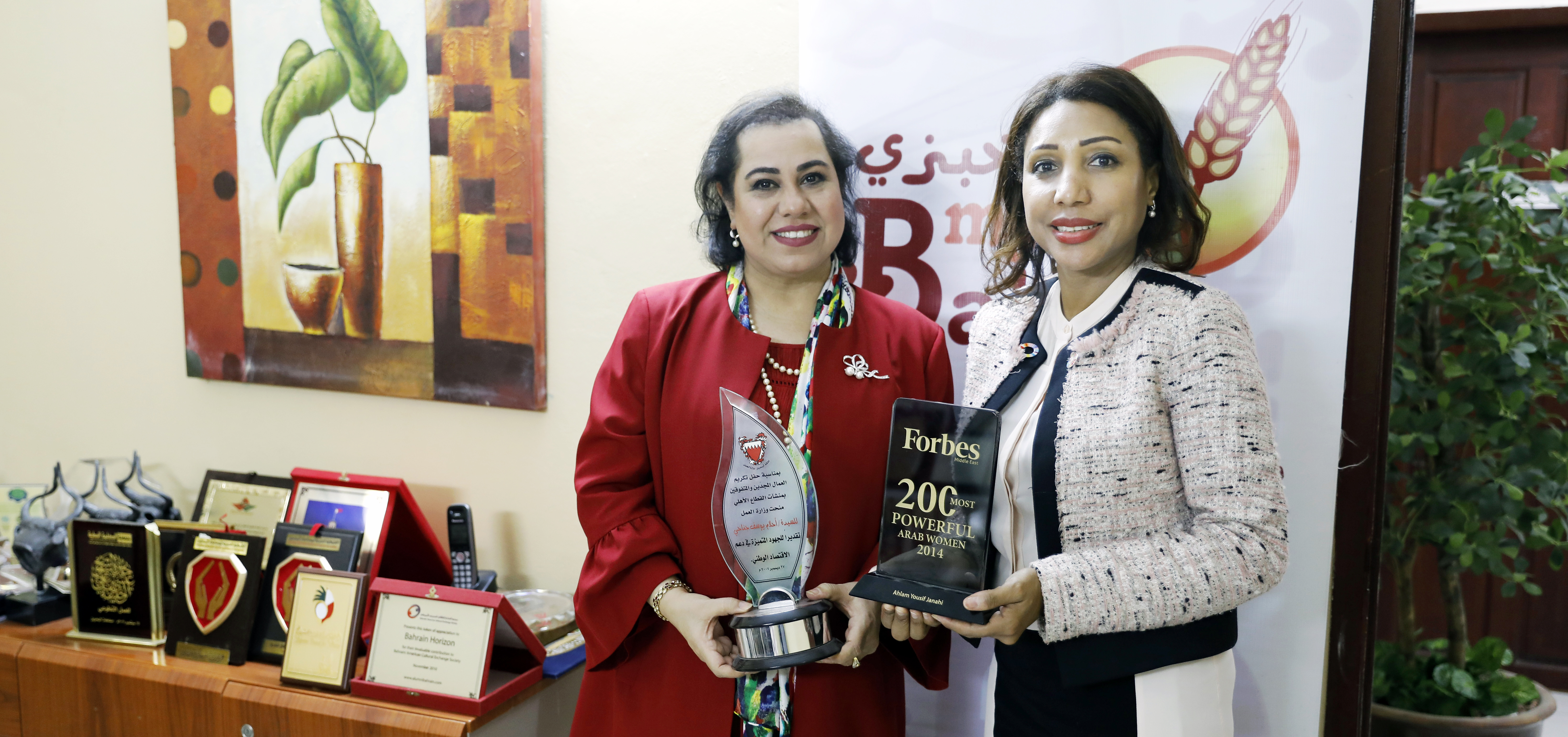FRANCE AIMS TO BOOST THE NUMBER OF BUSINESS ANGELS THAT ARE BACKING STARTUPS
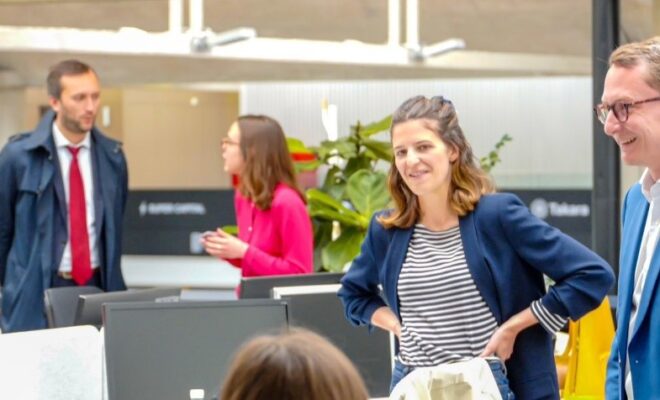
The French government is determined to triple the number of business angels backing early-stage startups as part of a relentless effort to turbocharge its startup ecosystem; and policymakers are looking for lessons from an unlikely source: the UK.
Versions of two UK programmes, the EIS and SEIS, are being eyed by French officials, which early-stage tax incentives and have been credited with helping to make the UK Europe’s undisputed entrepreneurial leader.
These proposals which are still being firmed up with a target of the 2024 budget are expected to encourage private investors to pump €3bn annually into startups and create 200k jobs by 2027.
Those jobs are key to fulfilling a pledge President Macron made during his re-election campaign last year, to create more than 1m roles by 2027. The project is the latest sign of his continuing bet on France’s startups to secure the country’s economic future.
Paul Midy, the man in charge of this initiative, said during a recent lunch with journalists, “We must continue to develop our ecosystem of startups, because the best way to create jobs in France is to put the emphasis on young, innovative companies.”
€3BN MORE FOR STARTUPS ANNUALLY
Midy, a National Assembly member, was tapped earlier this year by the Macron government to lead a six-month study to develop these and other startup investment proposals. Since then, he and his team have met with 275 tech and investment experts in France, including VCs, founders, and economists, while also hobnobbing with their counterparts in London. They’ve launched a website that has drawn more than 1,200 comments, primarily from people in the startup ecosystem.
According to Midy, almost 100% of job creation in France comes from young companies less than three years old. Tech startups also generate two to three times more indirect jobs than non-tech companies, he says.
“When you combine innovative startups and new technologies, that’s where you have the ability to create the most jobs,” Midy says.
THE PLAN
After pumping billions of euros in government money into the startup system over the past decade, politicians now want to light a fire under private investors to get them in the game. That includes individual investors but also extends to large insurance funds and corporates who are sitting on huge piles of cash that tend to be invested in conservative assets like real estate.
“We have to be able to mobilise that,” Midy says.
While still a work in progress, Midy’s plan falls into three categories, each intended to stimulate an extra €1bn annually in early-stage investment:
- Tax reforms to encourage large private enterprises to invest more of their profits into corporate venture funds, particularly those that invest in climate tech.
- New tax incentives for private savings accounts and insurance funds to direct more of their investment capital into startups.
- Tax breaks for individual investors in startups
This third category is inspired by the UK’s Seed Enterprise Investment Scheme (SEIS) and Enterprise Investment Scheme (EIS). The SEIS gives tax breaks to investors who participate in the first £150k of funding (changes have been proposed to raise that to £250k). The EIS offers tax breaks for investors in the next stage of growth, up to £5m in venture capital raised in a single year and £12m over a company’s lifetime.
Just as critical, the UK’s taxman certifies the eligibility of companies for the programme in advance, which makes it easier for investors to secure their tax breaks.
“It’s been 30 years that it exists in the United Kingdom and it is a hit,” Midy says. “Over the past 15 years, as the ecosystem developed, it really had a multiplier effect.”
The French version under consideration would create three subcategories of startups — Jeunes Enterprises, Jeunes Enterprises d’Innovation et de Croissance, and Jeunes Enterprises d’Innovation et de Rupture — which would offer tax breaks ranging from 18% to 50% to investors. They would also eliminate social charges for several years for the startups, and make it easier for them to sell new products and services to government agencies.
BUSINESS ANGEL NATION
France has seen a surge of business angels in recent years.
According to a recent report on the French ecosystem by Eurazeo partner Alexandre Dewez, business angels invested €1.1bn in 215 funding rounds in 2022, up from €600m in 134 deals in 2017.
That’s been driven by a combination of a 2016 law called Loi Madelin, which offers a 25% tax deduction on some early-stage deals, a 2020 stock option reform and the launch of secondary markets, which helped to turn founders and early employees into angel investors.
And yet, this sector — along with the broader VC ecosystem — has been hit by the slowdown as well. An annual report by France Angels, an association of 5,500 investors, noted that its members invested €66.2m in 394 deals in 2022, down from €69.5m in 424 deals the previous year.
France Angels director Benjamin Bréhin says he remains optimistic that angel investment will rebound and continue to grow. But importing the best of the British system would be a big boost
“The best financing system today is the English one,” Bréhin says.
Roxanne Varza, director of the Station F startup campus and an active business angel, agrees. “I think EIS and SEIS would definitely be beneficial and could help accelerate what is already taking place. These schemes have done well in the UK and I can’t see why it wouldn’t work in France.”
Paul-François Fournier, executive director of Bpifrance Innovation, thinks Midy’s proposals will have the most impact on attracting business angels to deeptech startups, where the products are more complex and investment horizons longer. In particular, angels with relevant experience in areas like quantum computing or life sciences could be invaluable.
However, he says Bpifrance sees some red flags, having studied the SEIS and EIS systems. By bringing in too many angels at the earliest stages, round sizes and valuations sometimes got out of alignment, making it difficult for startups to raise their next round, he says. In contrast, Bpifrance’s early-stage programmes have focused on grants, loans and investments that are non-dilutive to make startups more attractive to follow-on investors.
“There is a phenomenon of attrition between the business angels and the seed round in England that is very strong,” Fournier said. “In France, we have a funnel where there is a little more continuity between the pre-seed or the business angels, the seed and the Series A. So we think that the English system is probably too generous and that it probably induces some inefficiency.”
While Midy has already been trying to lay some political groundwork for his proposals, he will officially deliver a report in July. The idea is to have a plan included in the 2024 budget, which is typically adopted in the autumn.
FRENCH TECH CAPITAL
France being France, Midy’s mission is not the only tech financing reform launched by Macron’s government. Earlier this year, it also assembled a committee of startup investors called French Tech Finance Partners to formulate other reforms.
Though their work has not been made public, Les Echos newspaper got a leaked copy and reported several of the group’s proposals, some of which also address business angels. The suggestions include creating a database of business angels to help founders connect with them, and developing a standardised term sheet that would make it easier for new investors and founders to do deals.
The group also wants the recently announced €3.75bn European fund-of-funds to redirect some of its money intended for late-stage funds to earlier stages. Or, they would like to see the same founding members — the European Investment Bank, France, Germany and a few smaller nations — lead a similar initiative to create a fund-of-funds for early-stage investments.
The group has submitted its recommendations to digital minister Jean-Noël Barrot, though there is no clear timetable for the next steps.
Source: GEN / Sifted


